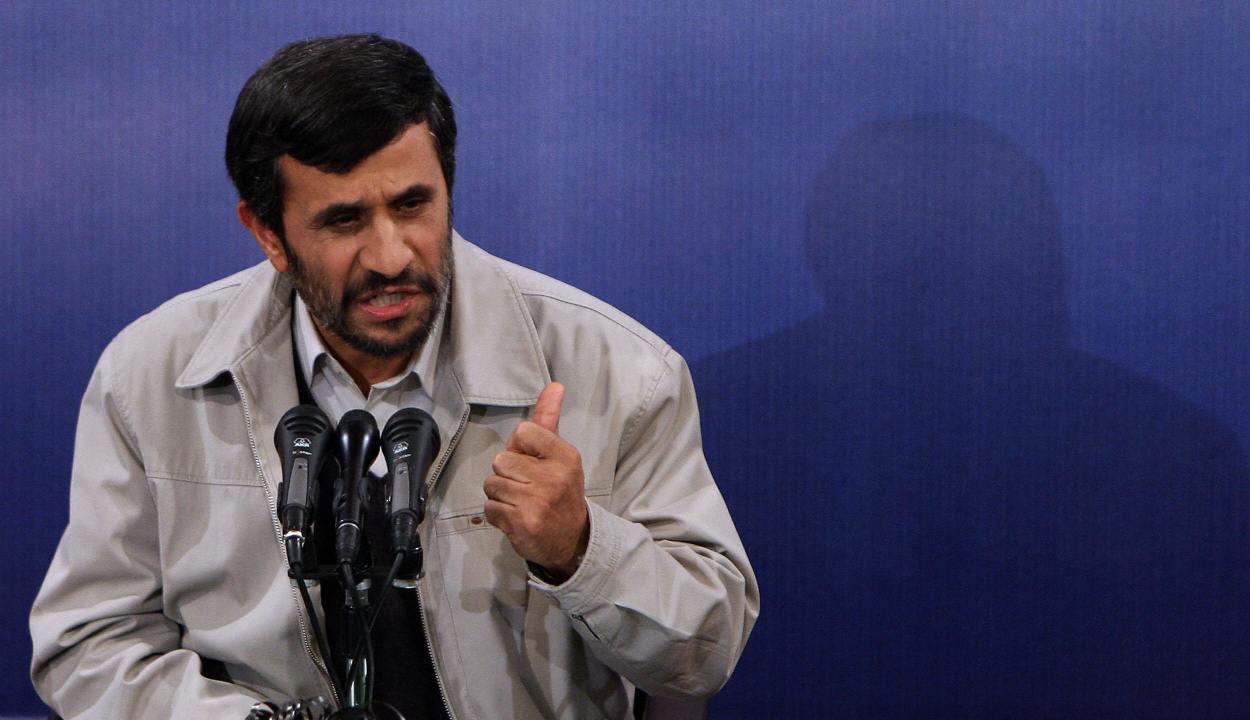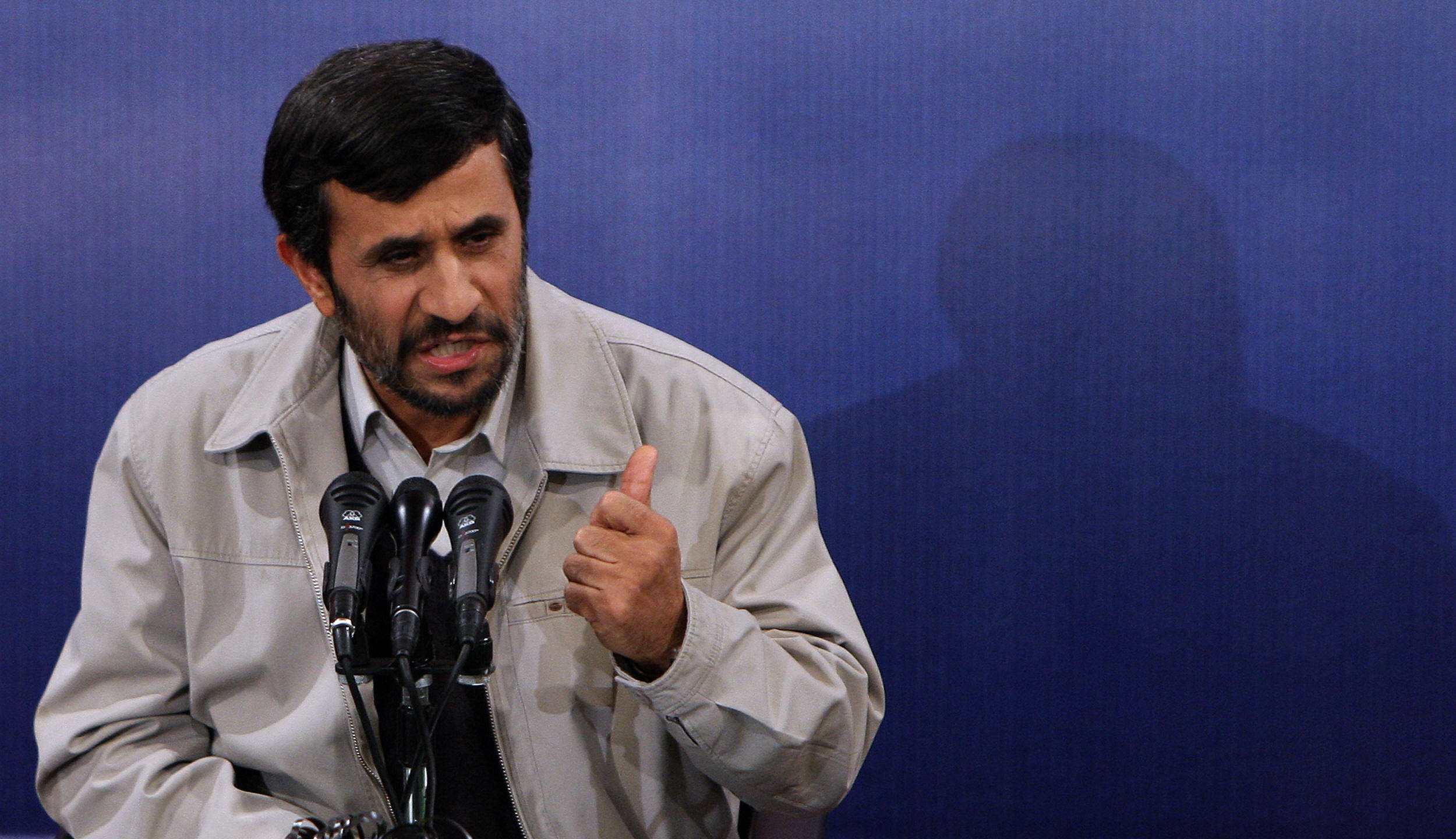 Last night, President Obama said he will be looking for “openings” in coming months that could lead to “face-to-face” talks with Tehran. “I think that there’s the possibility, at least, of a relationship of mutual respect and progress”.
Last night, President Obama said he will be looking for “openings” in coming months that could lead to “face-to-face” talks with Tehran. “I think that there’s the possibility, at least, of a relationship of mutual respect and progress”.
But despite Obama’s repeated offers of a new kind of relationship, Iran has usually responded with the same clenched fist that it has waved at successive US administrations. For the Tehran regime, anti-Americanism is a cornerstone of their survival strategy.
If they unclench their fists, the Iranian government will no longer be able to blame foreigners for the country’s dire economic condition. With the oil price tumbling, Iran’s economy is going to collapse still further making it essential for the regime to be able to blame the problem on outside forces; the importance of this is heightened by the looming presidential poll.
If anyone doubts Tehran’s strategy just listen to Davud Ahmadinejad, brother of the Iranian president, and head of the “Committee for Passive Resistance”. On 26 January he called President Obama’s conciliatory comments “crafty” and said they were aimed at “deal[ing] a blow” to Iran. He went on: “Imam Khomeini said that Communism should be consigned to a museum, and Communism went into a museum. In the same way, we must endeavour to take imperialism into the museum of history.” So, according to Ahmadinejad Snr, Obama will have to dismantle the US, much like Gorbachev turned off the lights of the Soviet Union, before Iran will begin serious talks.
But now his younger brother and Iran’s president, Mahmoud, said he might be ready to talk to the US. A day after Obama’s latest overtures, Ahmadinejad said he was ready for “talks based on mutual respect and in a fair atmosphere.” It is unclear how serious Ahmadinejad is. The brothers are not the sole holders of powers in Iran, which is run by over-lapping and inimical networks of power. But the popular mood seems to have swung against the Iranian leader, with even former President Mohammad Khatami announcing that he would run again for the presidency during the June elections. Talking out of both corners of his mouth may be the best thing to do politically.
It is certainly too early to validate the Obama administration’s approach. Talking is not so important as what is being talked about. Nobody in Tehran is saying the nuclear programme will be shut down. But the recent talk of talks gives hope that some kind of substantive relationship could begin, perhaps starting with a US “Interest Section” (a mini embassy) opening in Tehran. Either way, Obama is likely to come out the winner. For Washington will have to exhaust—and be seen to exhaust—diplomatic options before it can take more forceful action against Iran’s nuclear programme.







Comments